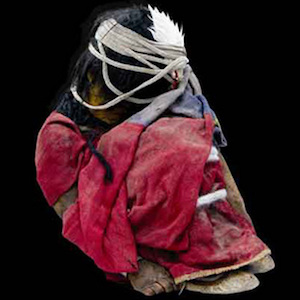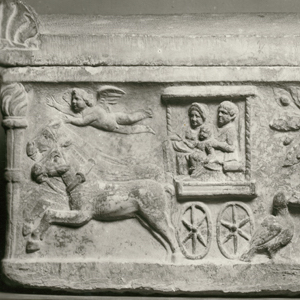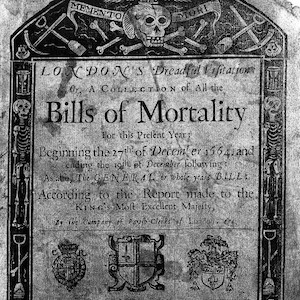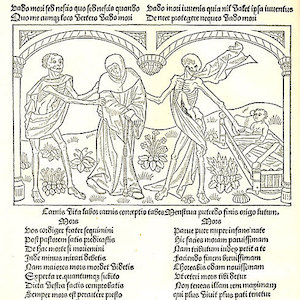Health/ Disease

Neolithic Baby Burial
This infant burial is from Çatalhöyük , a Neolithic settlement in Turkey that was occupied continuously for 2,500 years, between 8000 and 6400 BCE. The infant was between six months and one year old, and the burial demonstrates great care.

Sibling Burial
The two children whose skeletons are shown in this photograph were both under 10 years of age, and were probably buried at the same time. An earlier burial of a baby was found at a slightly lower level in the space between them.

Mummified Inca Child Sacrifices
The top photograph shows the mummified remains of the 15-year-old Inca child, known as the "Llullaillaco Maiden," who was sacrificed with two other children, a boy of seven years old, shown in the photograph below, and a six-year-old girl, whose mummy had been struck by lightning and was charred.

Child’s Life Course
Death is part of every society, but the rituals and objects surrounding death have varied across centuries and continents.

Gin Lane (1751)
This is one of the best-known prints by the famous artist, William Hogarth. He designed it to support the British government's attempt to regulate the price and popularity of drinking gin (known as Geneva) in the Gin Act of 1751. The print is accompanied by the following verse:

London's Bill of Mortality
During the great outbreak of bubonic plague or black death in the hot summer of 1665 in London, special bills of mortality were issued that listed causes of death.

An Inquiry into the Causes and Effects of the Variolae Vaccinae
Edward Jenner (1749-1823) was a physician in rural Gloucestershire. Like Lady Mary Wortley Montagu he learnt of a widely known folk remedy to protect against smallpox. Smallpox cases were increasing in the 18th century and had a mortality rate of 40%.

The Dance of the Dead
Children are not frequent subjects of medieval art, but the figure of the child does occur in a medieval artistic and literary form known as the Danse macabre or Dance of the Dead.

Millennium Development Goals: Child Malnutrition 2006
The Millennium Development Goals (MDGs) are eight goals related to poverty, education, gender equality, health, environmental sustainability and development set in the year 2000 at the UN Millennium Summit, and adopted by 189 nation

UNICEF Data on Orphans by Region to 2010
The definition of an orphan for statistical purposes is a child under 18 years old who has lost one or both parents. A single orphan is a child who has lost one parent, a double orphan is a child who lost both parents.